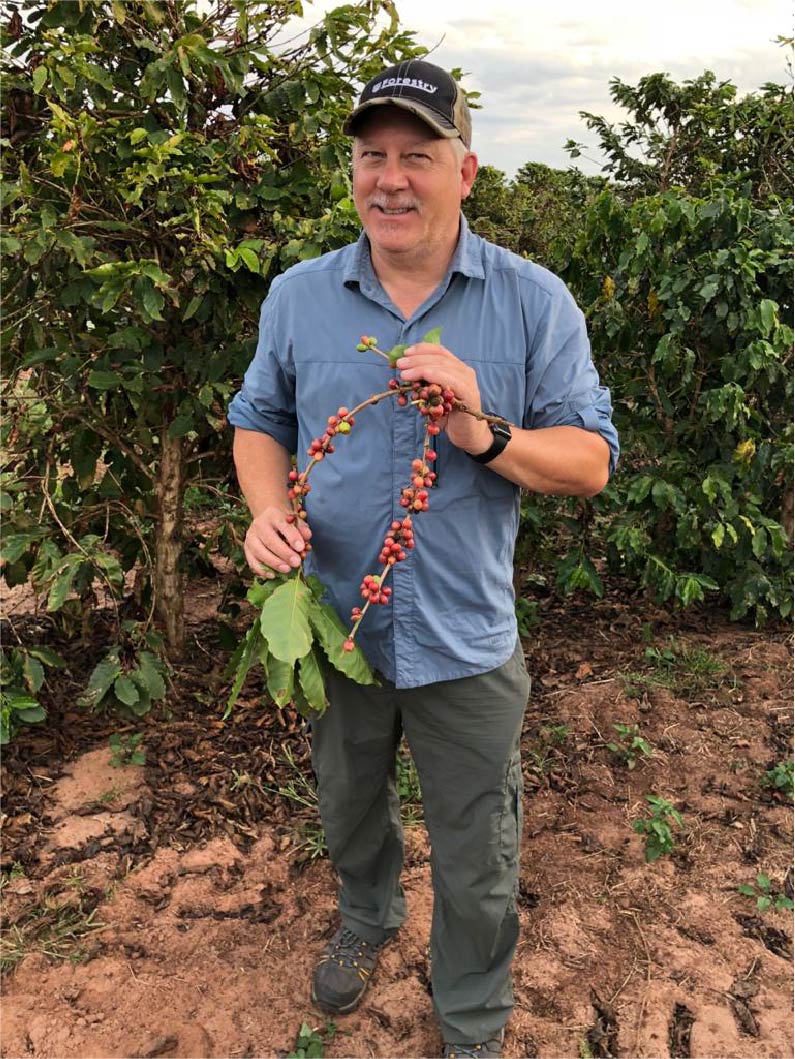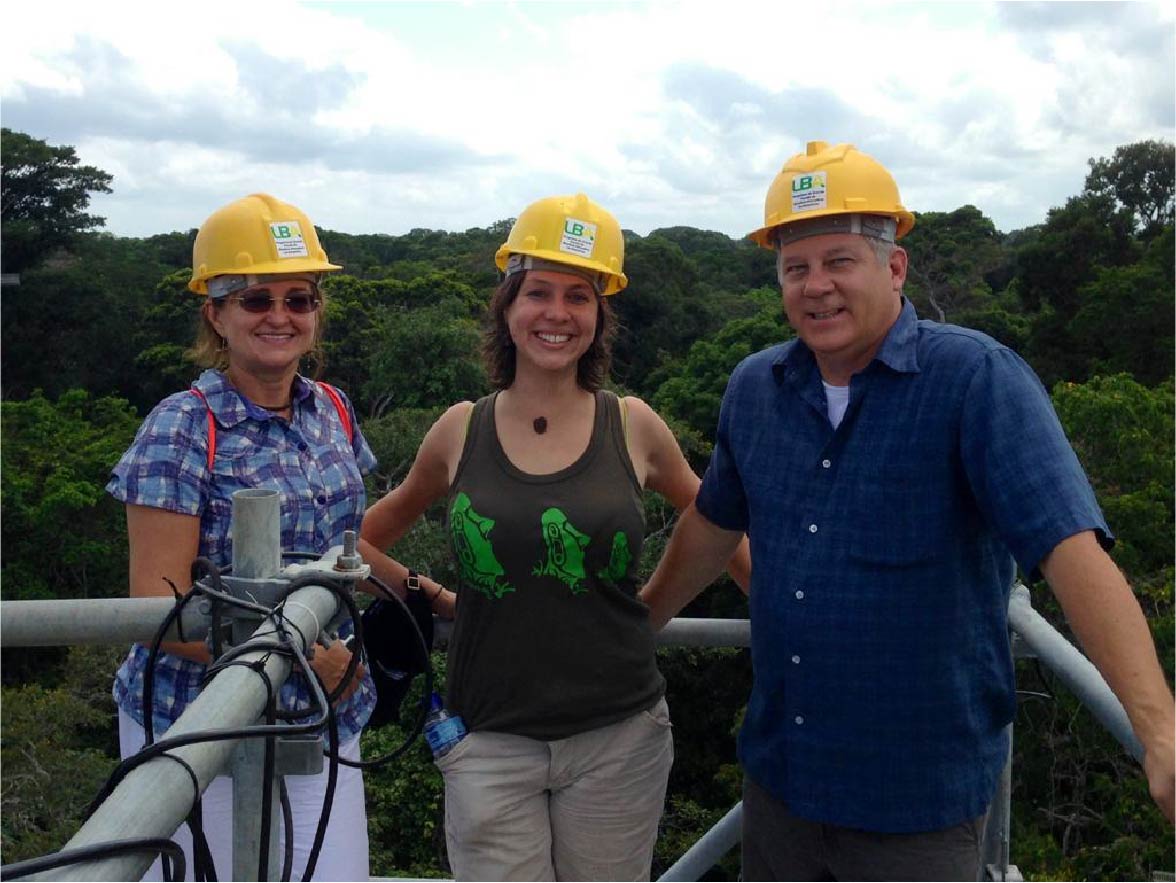Award in Forest Science
Robert Burns
Recognizes distinguished individual research in quantitative, managerial, and/or social sciences leading to the advancement of forestry.

A long-time SAF member, Robert Burns is director of and professor at West Virginia University’s School of Natural Resources and an interdisciplinary social scientist whose research focuses on human interactions with natural resources. He is dedicated to merging research in outdoor recreation with that of scientists from other disciplines and develops relationships that breed success for all. A researcher of international reputation, he is an extremely hard worker and has maintained active research in Brazil and the US – a considerable effort requiring travel, proficiency in another culture and language, and endless energy.
He took over as director of the Division of Forestry about a year before COVID burst on the scene. He has continued to do what it takes to get the job done, while leading the division calmly and diligently through these interesting times. Robert brings impactful research, scholarship, skills as an educator, and passion for collaboration across the globe to the field of forestry.
Robert Burns is one of those stereotypical “quiet” people – soft spoken, yet creating a tremendous impact in his work. He isn’t flashy or congratulatory, he just gets the job done. – Mary Beth Adams
A few words from Robert Burns:

I am honored and humbled to receive this award. It is the many successes of the talented group of students, faculty members, instructors and staff at West Virginia’s Division of Forestry and Natural Resources that allows me to receive this award. As a social scientist, I have the opportunity to study and learn about the human dimensions of forestry, energy land management, outdoor recreation, fisheries and wildlife, and wood science technology. I marvel at the applicability of our research findings, and the unique role that humans play (both positive and negative) in our forested landscapes and adjacent lands and waters.
As we struggle to find our “new normal,” our forested landscapes will increase in value to people in many ways. We will need to understand more about future threats to our land and water settings, including climate change, invasive species, wildfire impacts, and direct negative human influences such as unmanaged recreation and unsustainable harvesting. However, our strengths are many, and with positive, educated people who care about our lands and waters, we can look to the increased efficiency of feedstock for bio-energy, to providing outstanding recreational opportunities, sustainable forestry, and well-managed ecosystems that support our wildlife and fisheries resources. It is up to us to make sure the strengths outweigh the threats, and we are poised to do so. Our hope for a brighter future for the field of forestry is seen in the young faces of our students at the SAF conference, and in our federal, state and private forest resource managers. I am proud to represent each of them.
Top right photo—Robert Burns discussing agritourism with coffee plantation owner in Parana state, in the south of Brazil.
Bottom left photo—Robert Burns and academic partners from Ponta Grossa State University (Brazil) and Duke University visiting the Large-Scale Biosphere-Atmosphere Experiment in the Amazon on the Tapajos National Forest, state of Para, Brazil.
Photos courtesy of Robert Burns